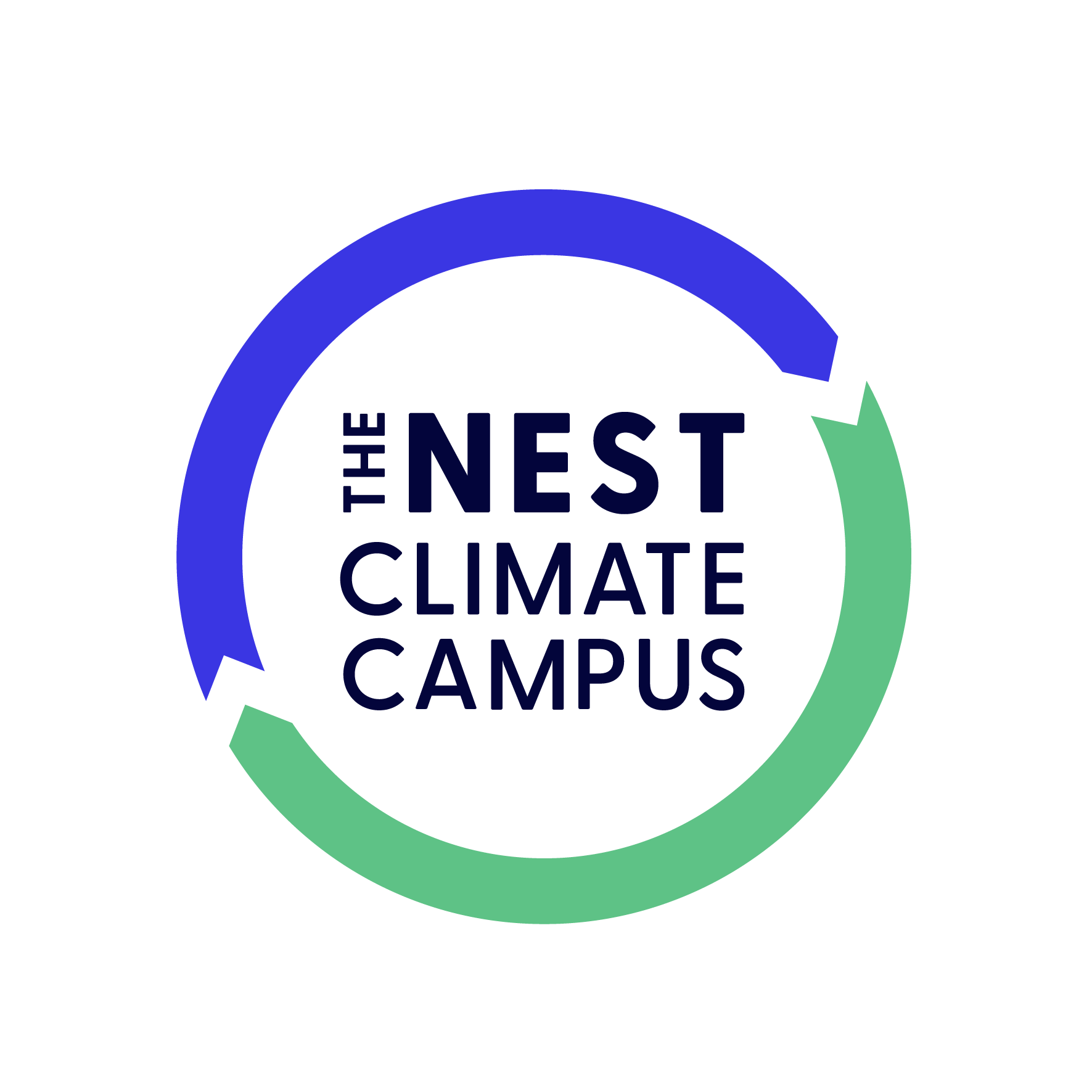We really don’t have a choice…..
Author: Britton Jones, CEO of The Nest Climate Campus, Chairman of the Board at Food Rescue US, and Member of NYC & Company's Sustainability Committee
In a recent NYT article about the very positive benefits created by the electric car revolution occurring in states like Ohio, I was struck by comments from the president of a local auto union who expressed concern over the impact EVs will have on future employment levels.
The new production race to build EVs at the same time that ICE car sales are fueling the investment in electrification is currently a boom in employment for auto workers. Their EV concerns arise from the fact that these cars have far fewer parts or less complex systems in areas such as transmission, radiators, mufflers and exhaust systems. This means that as EVs phase out ICE production the demand for, and production of, these auto parts will fall. Therefore, this local UAW president was opining that the EV revolution would generate short run benefits for his workers but would likely be bad longer term.
To be sure, the changing employment opportunities created by transitioning to a green economy are a very serious issue that must be thought through and addressed in responsible ways. No one wants to create hardships in providing for a better and more sustainable future. In fact, broadly creating a more just and inclusive economy through green transformations is one of the most exciting opportunities of a green economy. And it is being proven across many industries that “green" and “just" and “inclusive" are truly additive qualities not mutually exclusive. Our brightest prospects achieve all three of these goals. However, to fully embrace these opportunities, we still must create a major shift in our approach to problem solving and economic decision making.
At a time when tipping points that will have devastating and irreversible consequences are right around the corner, we can no longer afford to defer or delay sustainably initiatives in order to maximize short-run employment levels or profits.
At approximately 1.1 to 1.2 degrees Celsius of global warming, the world is already experiencing unprecedented amounts of devastating extreme weather. With records amounts of flooding, droughts, fires, hurricanes, tornadoes and extreme heat staring us in the face it is clearly foolhardy to continue to make “short-run” decisions that increase the amount of GHGs we are pumping into our atmosphere. We can no longer honestly defer the immediate action our planet is demanding in the guise of “long-run" sustainability plans because as is becoming abundantly clear, we no longer have that runway. If our short run decisions are increasing the rate and severity of global warming, we can no longer excuse this by stating that we are serving the best interests of our companies, employees, stakeholders, communities and families. The truth is now overwhelmingly clear that we are not.
Thankfully this article concluded by citing a powerful example of this new responsible leadership by James Kamsickas, the Chief Executive of Dana Incorporated, a major auto parts supplier. Recognizing that EVs represent a potential threat to his traditional products, Mr. Kamsickas embraced this transformation by investing in new technologies, developing new expertise and acquiring companies that would help Dana play a significant role in the EV Future. As the NYT reported, when asked about these bold moves, Mr. Kamsickas replied...
“You don’t have a choice. Sooner or later you’d be a melting Iceberg.”
This is not an isolated incident, and it shows that positive results will arise from embracing the many effective climate solutions that we can and need to adopt today. Mr. Kamsickas is right. We really do not have a choice or we will all become a “melting iceberg.”


